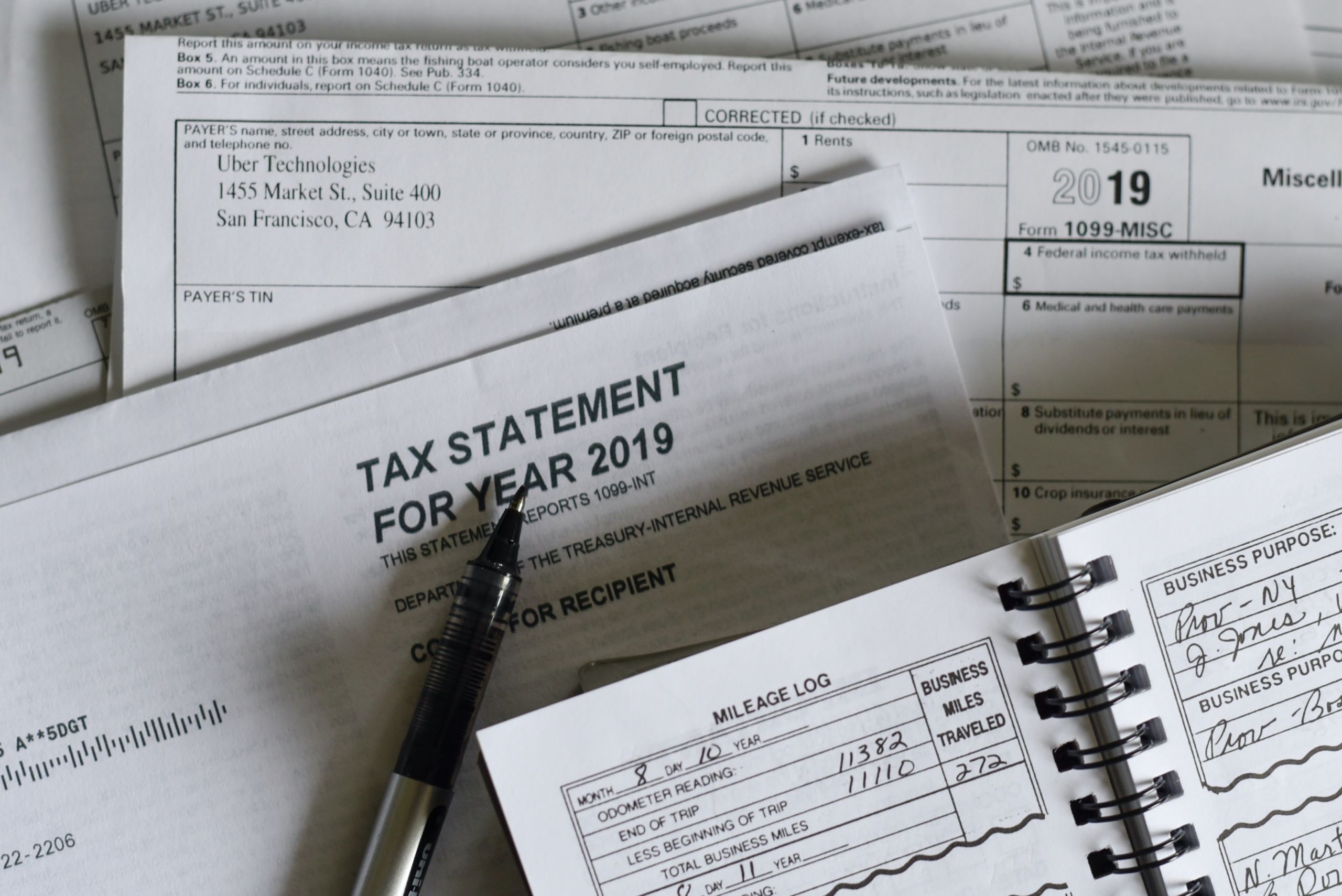Table of Contents
2020 Payroll Tax Deferral
Karla Dennis and Associates, Inc. is here to update you on the 2020 Payroll Tax Deferral. With all the changes happening this year, it’s been a whirlwind of updates and news coming from all directions. Karla Dennis and Associates, Inc. is here to keep you updated with tax, business, and real estate news. Perhaps another vital piece of news is the 2020 Payroll Tax Deferral. Keep reading if you want to learn more about this important update:
Under guidance by the IRS, the 2020 payroll tax deferral (based on presidential memorandum and IRS notice 2020-65) enabled employers to stop withholding Social Security payroll taxes from paychecks from Sept 1, 2020 through Dec 31, 2020.
The following provides a summary of IRS Notice 2020-65: 2020 Payroll tax deferral:
Any employee who makes less than $4,000 pre-tax wages in a bi-weekly pay period qualifies to have their Social Security Tax (6.2%) deferred.
The deferral covers paychecks starting on September 1, 2020, and the deferral ends on December 31, 2020.
This deferral enables employees to keep more of their money during the defined pay periods. The determination for the $4,000 wage limit is done on a bi-weekly pay period basis. This means that an employee could qualify for deferral during some pay periods and not others, depending on the pay amount during a given period.
Payroll tax repayment: Employers must pay deferred taxes no later than April 30, 2021. Otherwise, penalties and interest will start to accrue on taxes owed. Employers will need to increase the employee social security tax for current employees between January 1, 2021 and April 30, 2021 to recover the amount deferred during 2020. This means that employees can expect reduced paychecks in 2021 to repay the deferred taxes.
For employees who are no longer with a business and had taxes deferred, the employer will need to make arrangements with the employee to recover the deferral amounts (details pending on this process).
Items awaiting clarification: The process to collect former employees’ deferred taxes. The type of recordkeeping or other items required for compliance on this deferral. We recommended for you to refer back to your tax strategist before making any drastic financial decisions. As always, you can find more information on the IRS notice page. This year has been especially busy with IRS notices and updates, so we want to make it easy for you to get your questions answered.
If you have any questions, be sure to contact us. We are here to help and even offer free consultations!





